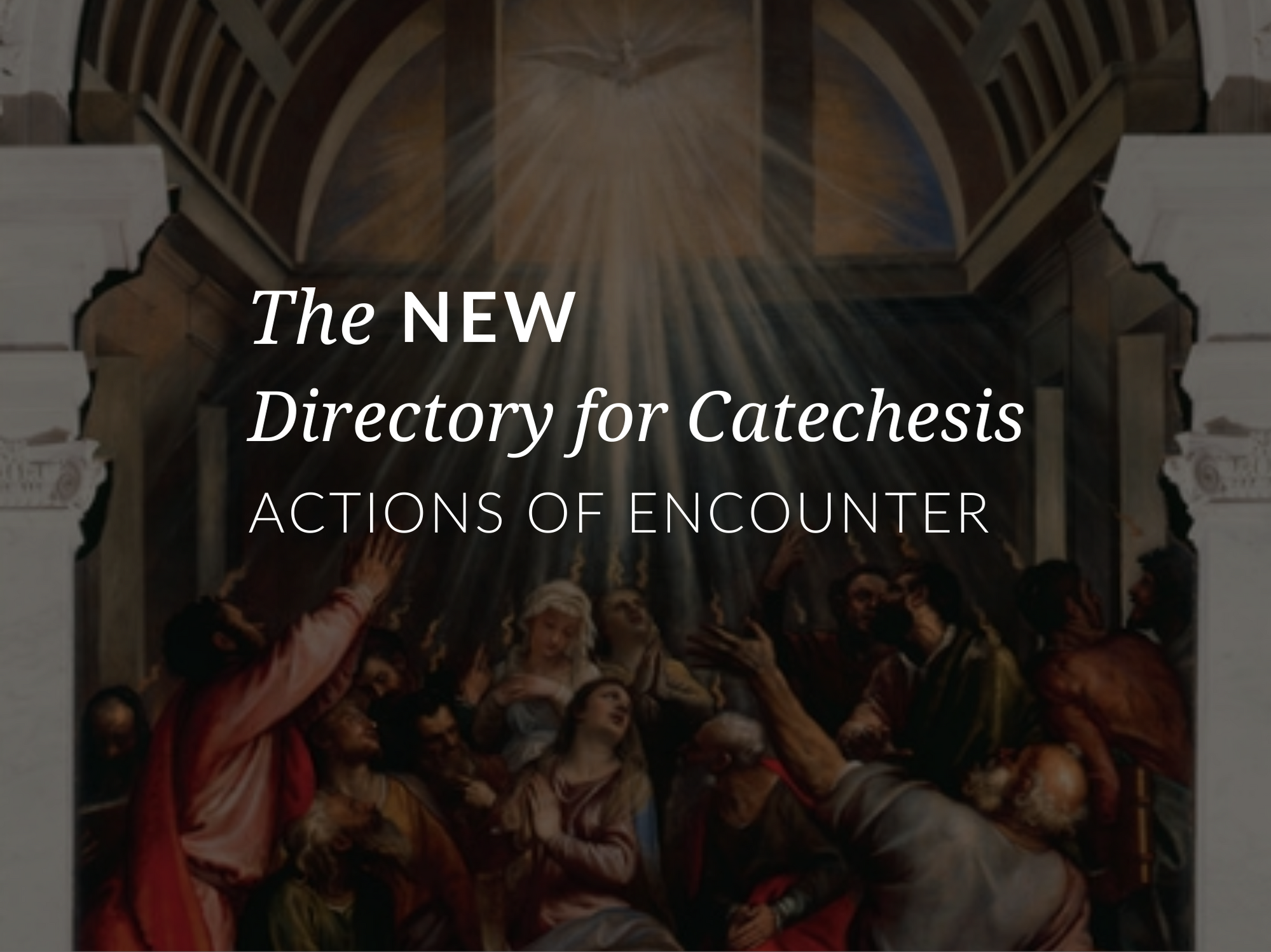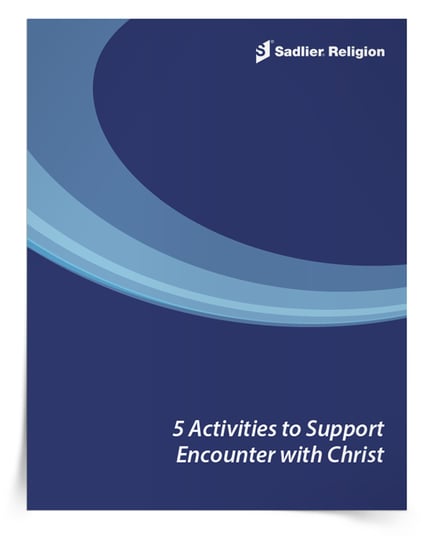1.800.221.5175
Catechetical Programs
Christ In Us
Grades K–8
We Believe: Living Your Catholic Identity
Grades K–8
|
Catechetical Bilingual
Sacraments Programs
Believe • Celebrate • Live
|
Bilingual Edition
Ages 7–15
Sacraments Bilingual
Creer • Celebrar • Vivir
Edades 7–15
Lifelong Faith
Bible Resources
Adult Resources
Becoming a Parish of Mercy
|
Buy









